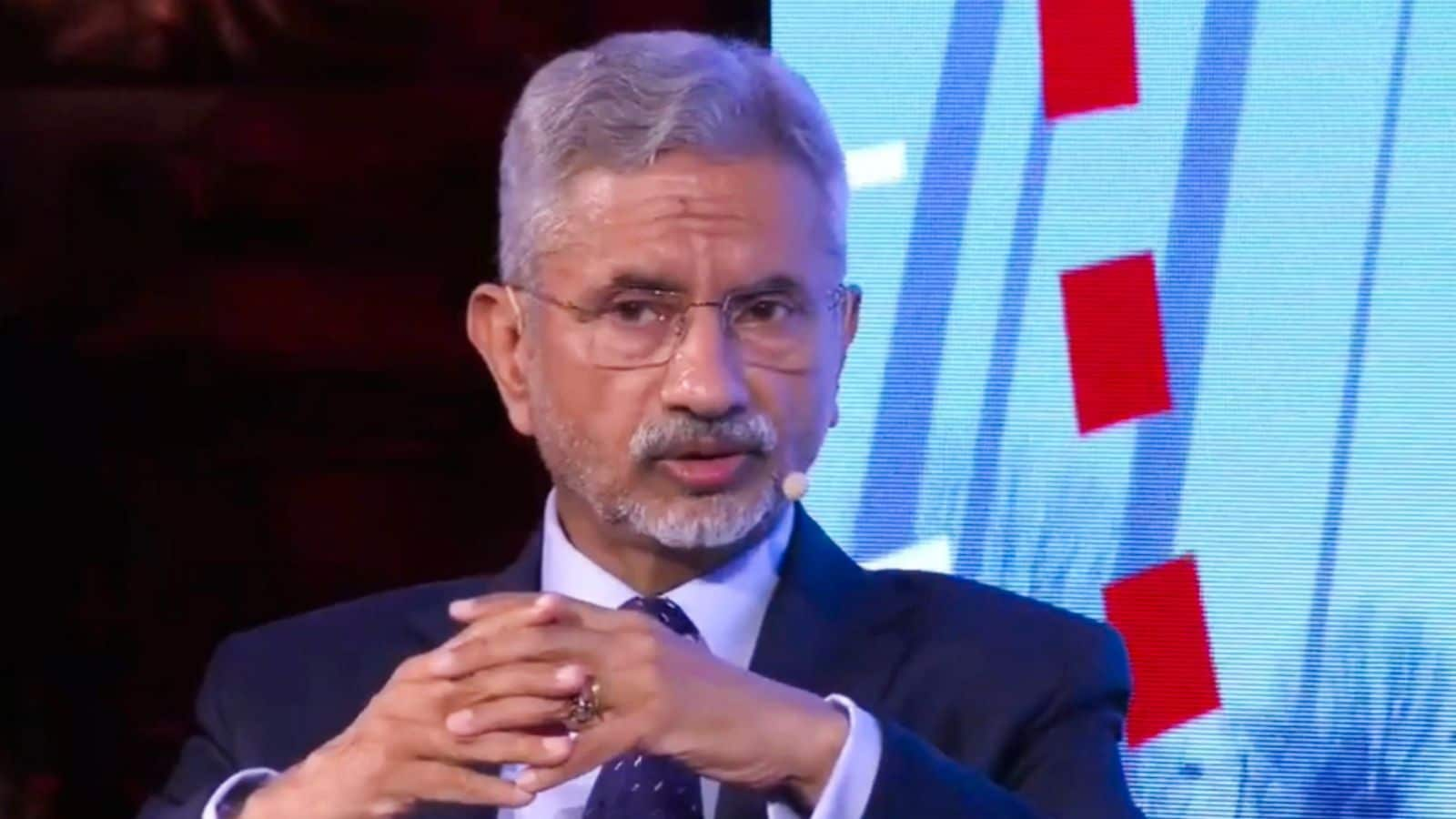Last Updated:May 21, 2025, 12:19 IST
Unlike Ayub Khan, General Asim Munir was granted the rank of Field Marshal by the civilian government, seen largely by experts as symbolic, rather than conferring it upon himself

General Asim Munir's elevation is seen as a response to recent military tensions with India. (AP File)
General Asim Munir’s elevation to the rank of Field Marshal has sparked speculation among experts about a growing shift towards military rule in Pakistan. Analysts suggest that, in the aftermath of the Indian Army’s Operation Sindoor, the Pakistani military seems to be increasingly asserting control over the civilian government led by Shehbaz Sharif.
On Tuesday, the Pakistani government announced General Munir’s promotion, making him the second army chief in the country’s history to achieve this rank, following former military ruler General Mohammad Ayub Khan in 1959.
Unlike Ayub, who conferred the rank upon himself near his retirement, Munir’s appointment comes directly from the civilian government. However, many strategic experts have raised concerns about the burgeoning influence of the military in Pakistan’s politics.
Who Was General Mohammad Ayub Khan
Mohammad Ayub Khan served as the President of Pakistan from 1958 to 1969. He came to power through a military coup in 1958 and appointed himself President. The following year, as his retirement approached, he conferred upon himself the rank of Field Marshal—an act he claimed was in response to repeated appeals from civil society, though many view it as a self-bestowed honour. After assuming the rank, Ayub handed over command of the army to General Musa Khan and shifted his focus to governing the country.
Ayub’s military career was marked by controversy. Commissioned into the Punjab Regiment of British India in 1928, he later served as the commanding officer of the Assam Regiment during World War II. However, reports indicate that he was removed from command by his superior due to what was deemed weak leadership. Despite this, he rose through the ranks and, in 1951, became the first native Commander-in-Chief of the Pakistan Army, a position he held until the 1958 coup.
How Is General Asim Munir’s Elevation Different
In stark contrast, General Asim Munir’s elevation is seen as a response to recent military tensions with India and Operation Sindoor, which Pakistan publicised as Marka-e-Haq and Operation Bunyan-um-Marsoos.
Unlike Ayub Khan, General Asim Munir has been awarded the rank of Field Marshal by the civilian government—though largely seen as symbolic—rather than assuming it himself.
Another key difference is that while Ayub relinquished his role as Army Chief after taking the Field Marshal title, Munir will continue to serve as Army Chief while holding the rank. In November 2024, Pakistan’s Assembly extended the tenure of the chiefs of the Army, Navy, and Air Force from three to five years, meaning Munir will now remain in office until 2027.
Military Career Of General Asim Munir
Asim Munir was born in 1968 in Rawalpindi. He was commissioned into the Pakistan Army in 1986 through the Officers Training School in Mangal, Punjab, where he was awarded the Sword of Honour. Over the years, he received military training in Japan, Malaysia and Islamabad, and also memorized the Quran during a posting in Saudi Arabia.
Munir served in the Frontier Force Regiment and was later posted as a Brigadier in the Northern Areas. In 2019, as Director-General of the ISI, he played a key role during the Pulwama attack. He was appointed Chief of Army Staff in 2022.
Role Of A Field Marshal
The rank of Field Marshal in Pakistan, as in India, is largely ceremonial and symbolises exceptional wartime leadership. It does not carry any additional command authority or salary benefits. However, it allows the holder to remain on the active list even after retirement, enabling them to wear the uniform and display special insignia for life. The rank includes privileges such as five stars on the official vehicle and the use of a special baton during salutes.
What Does Genereal Munir’s Promotion Signify
General Munir’s promotion has sparked debate among strategic experts, with some viewing it as a recognition of his military achievements and others as a move to further entrench military power in Pakistan. Despite the failure of Pakistan’s retaliation in Operation Sindoor, Munir’s strategic role has been highlighted. According to several experts, this reflects the deep-seated military-political dynamics in Pakistan where the army has always held significant sway.
Field Marshals In India
Only two officers have been awarded the rank of Field Marshal in the history of the Indian Army. The first was Sam Manekshaw, who received the honour in 1973. He is renowned for leading India to victory in the 1971 Indo-Pak war, which resulted in the creation of Bangladesh. Manekshaw became the first Field Marshal of India.
The second was Kodandera Madappa Cariappa (K.M. Cariappa), who was conferred the rank in 1986. He was the first Commander-in-Chief of the Indian Army after independence and played a key role in the 1947–48 Indo-Pak war.
Location :Pakistan
First Published:News world Will Asim Munir’s Promotion To Field Marshal Trigger Another Coup In Pakistan Like 1958?

 1 month ago
1 month ago

















